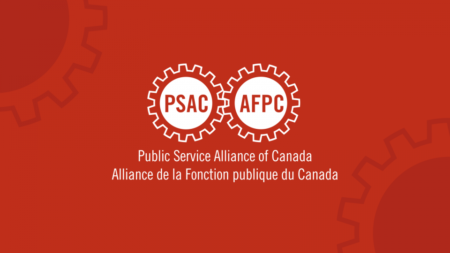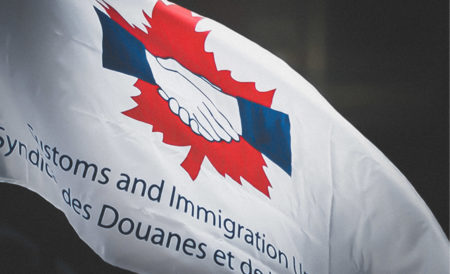Indigenous people in Canada continue to face intergenerational trauma. The clean drinking water crisis on reserves is still unresolved, Indigenous peoples are being killed by police at an alarming rate, and earlier this year, it was confirmed that there are unmarked graves containing the remains of thousands of children at former residential school sites across Canada.
Not enough progress has been made towards ending anti-Indigenous racism, or relationship-building between Indigenous peoples and the rest of Canada.
The official designation of September 30 as the National Day for Truth and Reconciliation, unanimously supported by the House of Commons in May, is a necessary and encouraging step forward. The ongoing commemoration of the history and legacy of residential schools is a vital part of reconciliation.
A brief history of September 30
The movement for a new national holiday began in 2013 when Phyllis Webstad shared a heartbreaking story that launched the annual Orange Shirt Day on September 30.
Forty years earlier, when Webstad was just six years old, her grandmother took her to get a new outfit for her first day of school at St. Joseph’s Mission Residential School, just outside Williams Lake, B.C. Webstad handpicked a bright orange, lace-front shirt. But when she arrived at school wearing it, she was stripped of her clothing and never saw the shirt again.
“The colour orange has always reminded me of that and how my feelings didn’t matter. How no one cared and how I felt like I was worth nothing,” said Webstad in a post on the Orange Shirt Day website. “All of us little children were crying, and no one cared.”
Orange Shirt Day creates meaningful discussion about the harm of residential schools and the legacy they have left behind. The date was chosen because it is the time of year children were taken from their homes and put into residential schools.
In September 2020, a new bill was tabled proposing that Orange Shirt Day become a national statutory holiday. The legislation was similar to the previous proposal, which died in the Senate when the 2019 federal election was called. In May 2021, the day after 215 children’s bodies were discovered in Kamloops, all parties agreed to fast-track the bill and it passed in the House of Commons, and then in the Senate, by unanimous consent.
An opportunity to show your support
Now, Orange Shirt Day is also the National Day for Truth and Reconciliation, a new statutory holiday for employees in federally regulated public and private sectors.
PSAC members who receive it as a paid holiday are encouraged to use this opportunity to take real action to support Indigenous peoples.
Here are some examples of how you can honour survivors, their families, and communities:
- Wear an orange shirt purchased from an Indigenous company in honour of Phyllis Webstad and all former residential school survivors.
- Donate $30 on September 30 to a local or national Indigenous charity or not-for-profit working to improve the lives of Indigenous families and communities.
- Read the Truth and Reconciliation Commission’s 94 Calls to Action to learn more about the 80 calls to action that are, as yet, unanswered.
- Refer to our list of resources for recommendations on reports and podcasts to help you learn and reflect.
- Participate in an event in your area.
In honour of the National Day for Truth and Reconciliation, PSAC will make monetary donations to the First Nations Child & Family Caring Society and the Indian Residential School Survivors Society — two Indigenous organizations that are working to advance reconciliation and provide support to Indigenous families and communities.
The federal government established the National Day for Truth and Reconciliation as a statutory holiday in response to one of the Truth and Reconciliation Commission’s 94 Calls to Action. It’s one of only 14 calls to action that have been fulfilled.
There is still so much more work to do on the path to reconciliation. We encourage you to reach out to your newly elected member of Parliament and urge them to lobby the federal government to commit to a clear timeline for developing an action plan, providing funding for, and fulfilling all 94 Calls to Action.
The star quilt graphic was designed by Georgina Metzler, an Anishinaabe artist and graphic designer who lives in Calgary, Alberta. Learn more about the artist and the meaning behind the work.
Special thank you to L’nu/Mi’Kmaq high school principal Paula Reynolds-Hall for sharing ideas on how to take action on September 30.
This article has also been posted on the PSAC website.






